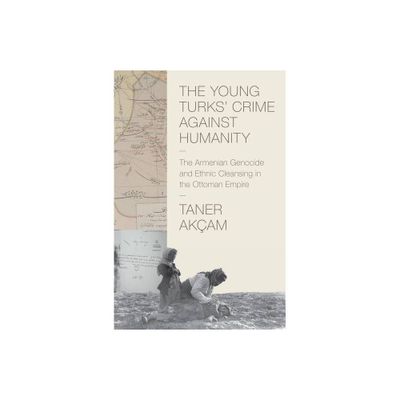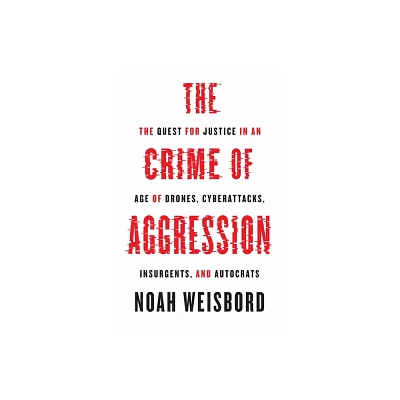Home
Crimes Against Humanity: the Limits of Universal Jurisdiction Global South
Loading Inventory...
Barnes and Noble
Crimes Against Humanity: the Limits of Universal Jurisdiction Global South
Current price: $107.00


Barnes and Noble
Crimes Against Humanity: the Limits of Universal Jurisdiction Global South
Current price: $107.00
Loading Inventory...
Size: Hardcover
*Product Information may vary - to confirm product availability, pricing, and additional information please contact Barnes and Noble
Currently, there is an engorging fascination with and heightened expectations from international legal accountability.
Crimes Against Humanity
examines whether international criminal law, in particular legislation and institutions pertaining to war crimes and crimes against humanity, is equipped to be a panacea for the ills of the recalcitrant nation-state system. The main thread that runs through the text is to determine the ultimate aim and efficacy of adjudicating some of the most egregious infractions of the internationally sanctioned human rights regime. While international criminal law strives to develop a shared understanding of, and golden standards for, acceptable behavior of states and governments, it also suffers from a degree of institutional idealism pertaining to current accountability regimes in public international law. Focusing on the Global South, it also examines the problem-laden notion of collective responsibility for societal and political mass crimes and questions the merits of disproportionate reliance on international criminal law in the aftermath of civil wars, ethnic cleansing, genocidal violence, and mass exodus.
Crimes Against Humanity
examines whether international criminal law, in particular legislation and institutions pertaining to war crimes and crimes against humanity, is equipped to be a panacea for the ills of the recalcitrant nation-state system. The main thread that runs through the text is to determine the ultimate aim and efficacy of adjudicating some of the most egregious infractions of the internationally sanctioned human rights regime. While international criminal law strives to develop a shared understanding of, and golden standards for, acceptable behavior of states and governments, it also suffers from a degree of institutional idealism pertaining to current accountability regimes in public international law. Focusing on the Global South, it also examines the problem-laden notion of collective responsibility for societal and political mass crimes and questions the merits of disproportionate reliance on international criminal law in the aftermath of civil wars, ethnic cleansing, genocidal violence, and mass exodus.

















